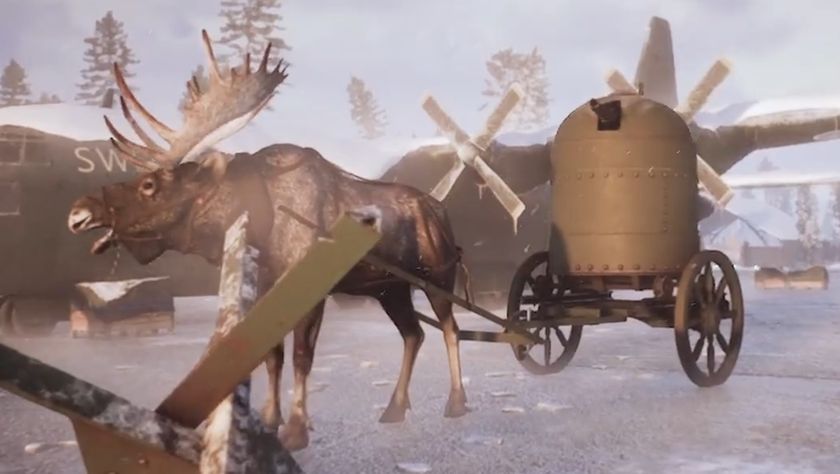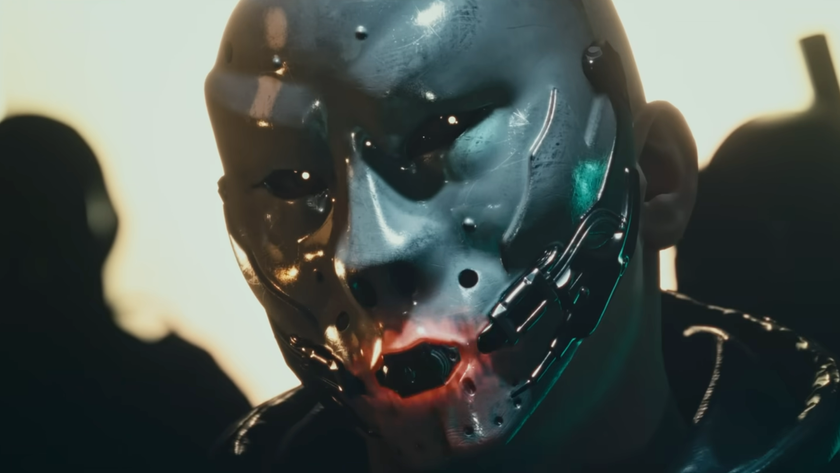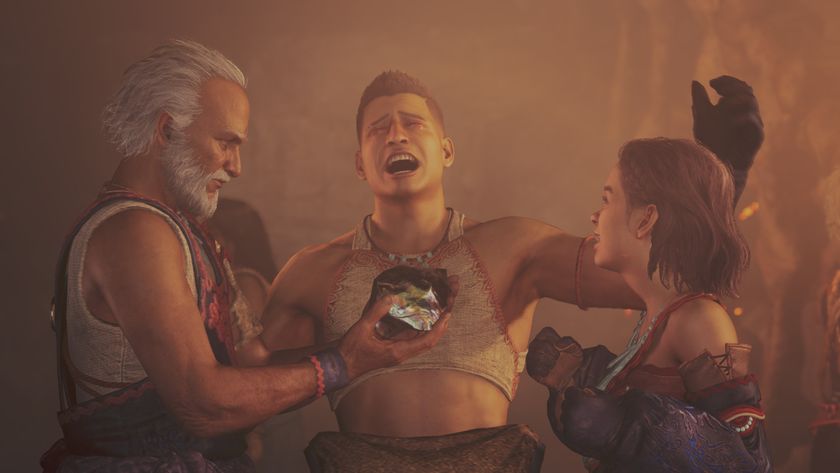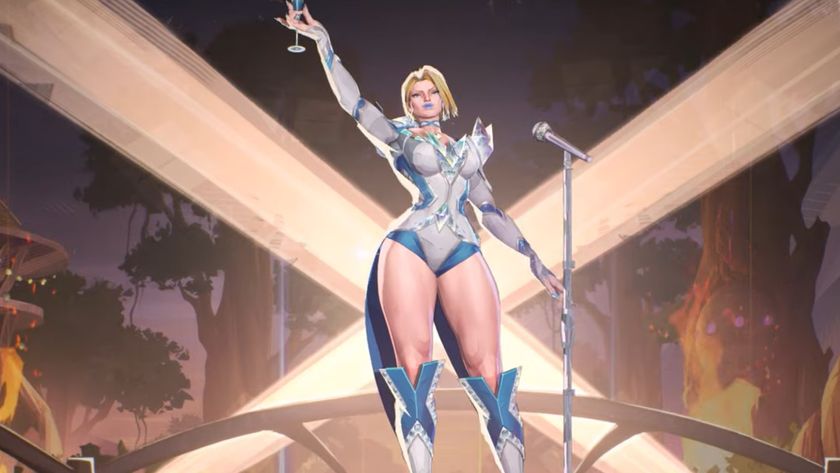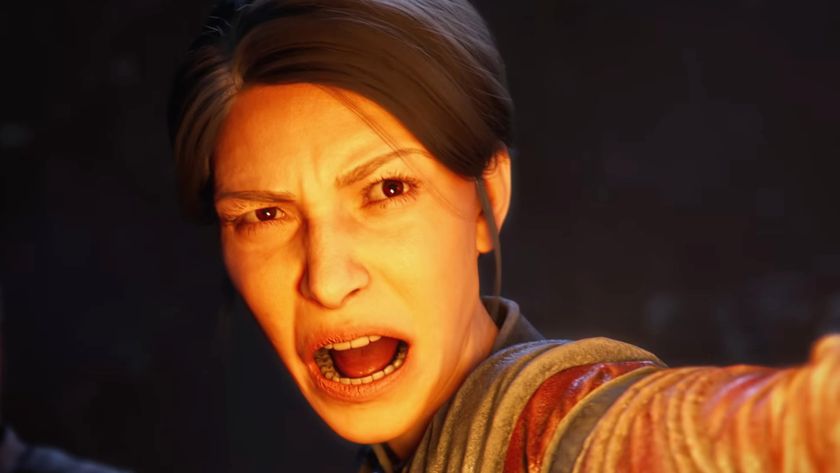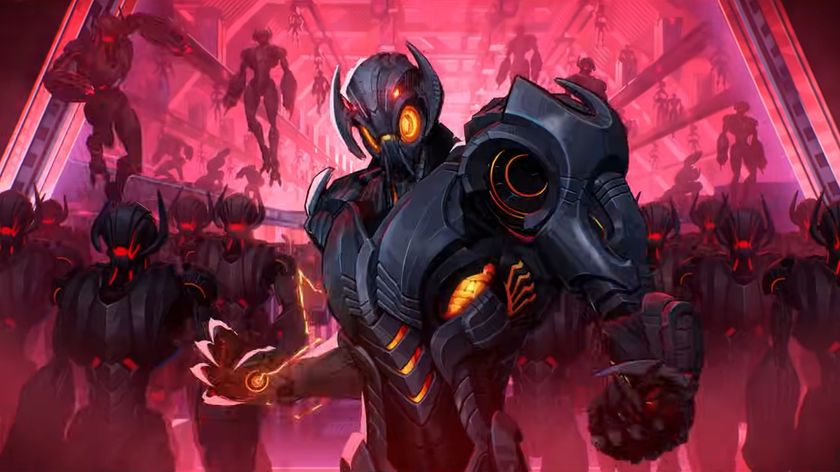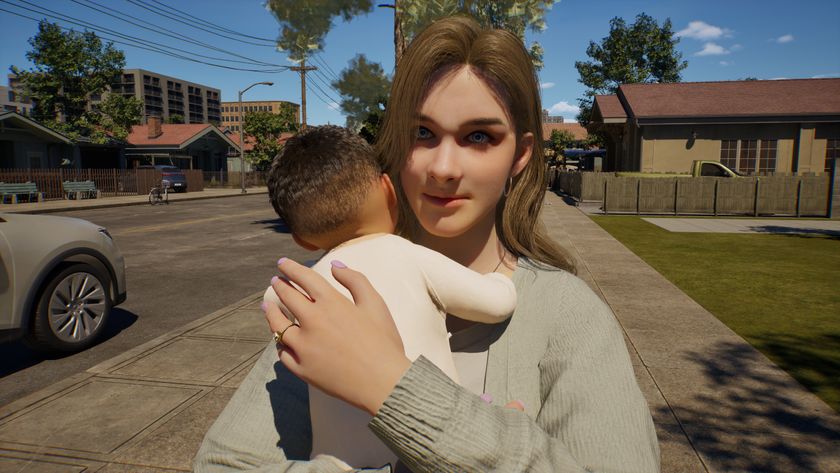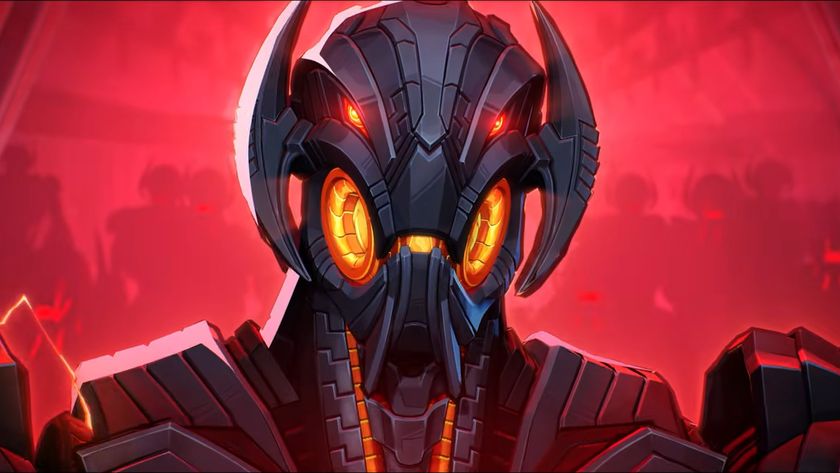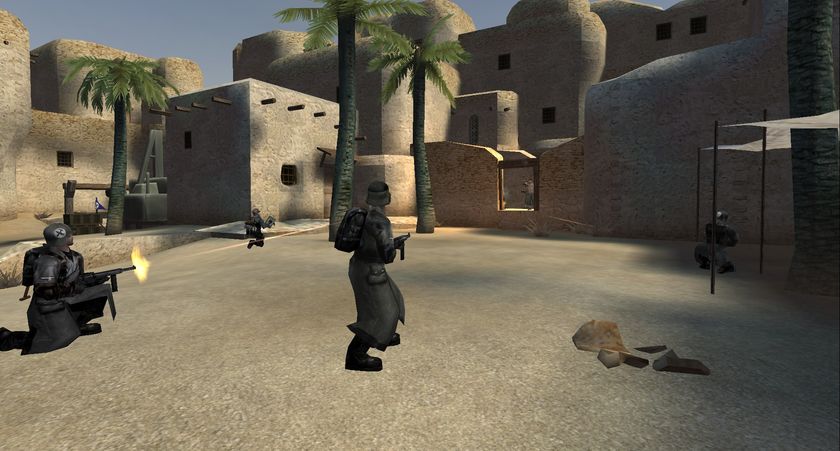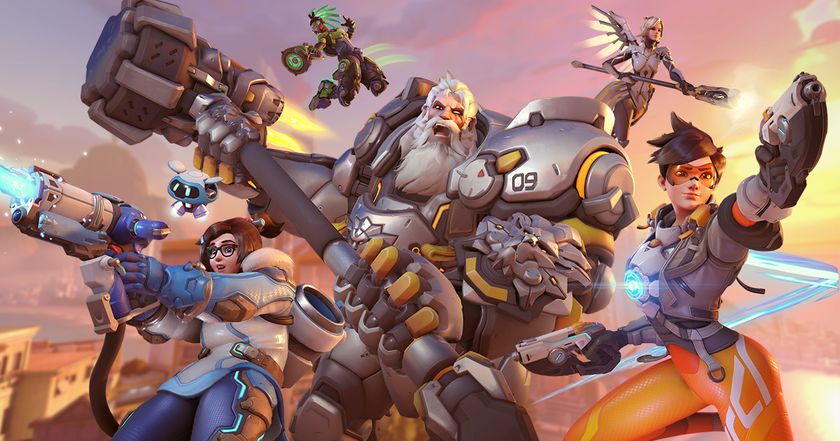Far Cry 6 'isn't a political statement' on Cuba, narrative director says
The island of Yara was inspired by Cuba, but Navid Khavari said it's not meant as commentary on what's actually happening there.
Far Cry 6 is a game about a revolution against the brutal dictator of Yara, a fictional island nation in the Caribbean very obviously inspired by Cuba. The classic cars and baroque architecture are a dead giveaway, and in case that's not convincing enough narrative director Navid Khavari told GameSpot in 2020 that not only was it the source of inspiration, but that developers actually spent about a month in the country doing research.
In a newer interview with The Gamer, however, Khavari said that Far Cry 6 is not an attempt to make any sort of political statement about the country.
"When you talk about guerrillas, you think of the guerrillas in the 1950s and 1960s, we actually went down there to speak to actual guerrilla fighters who fought back then, and we just really fell in love with their stories," Khavari said.
"But we also fell in love with the culture and people we met. When we came out of that, it wasn’t that we felt we had to do Cuba, we realized it’s a complicated island and our game doesn’t want to make a political statement about what’s happening in Cuba specifically. Beyond that, we’re drawing inspiration from guerrilla movements around the world and throughout history. For us, it felt like doing the island of Yara would help us tell that story while being very open with our politics and inspiration."
Ubisoft has historically had a complicated relationship with politics in its games. It builds games around overtly politicized topics like terrorism, fascism, religious extremism, and the rise of the surveillance state, and then insists that they're not actually political—or that they're politically neutral, whatever that means.
In this case, though, I feel like Khavari might be making a fair point. Cuba is a complicated island, thanks primarily to its fraught relationship over the past half-century with the US, which severed relations and imposed an economic blockade in the 1960s.
And Far Cry 6 doesn't seem to be aiming at serious commentary: Giancarlo Esposito looks set to bring serious gravitas to the role of El Presidente, but this is also a game that will let players turn a busted boombox into some kind of shitty disco Spinfusor while a wiener dog in a wheelchair distracts people so a trained alligator can gank them from behind. In that light, I don't think it's unreasonable to suggest that Cuba was adopted as a stand-in for Yara simply because it's an easy visual shorthand for a nation on the long tail of a leftist revolution.
The biggest gaming news, reviews and hardware deals
Keep up to date with the most important stories and the best deals, as picked by the PC Gamer team.
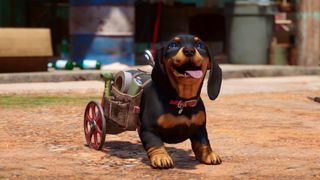
Regardless of intent, the timeline may also prove to be contentious for those who are especially invested in such things. The civil war portrayed in Far Cry 6 looks more like the overthrow of Fulgencio Batista that brought Fidel Castro to power—and earned Cuba the enduring enmity of the US—than some kind of anti-Castro revolution. Making Castro-esque revolutionaries the good guys is certainly an interesting choice, and one that's difficult to defend as apolitical.
"A revolution is complex, and the people you’re going to engage with are also complex. I use this line of philosophy, which is that every character has their own heartbeat, you just have to find it," Khavari said. "We have this melting pot of motivational complexity where we tried to translate that into the gameplay and the story. So tonally, it sort of already existed. But for us, thematically, unifying that into the guerrilla fantasy felt pretty natural."
I'm honestly not sure what that's supposed to mean either, but maybe it will become clearer as more about Far Cry 6's story is revealed. We got a good look at gameplay today, and we'll no doubt be hearing more about the story underlying the action ahead of its release on October 7.

Andy has been gaming on PCs from the very beginning, starting as a youngster with text adventures and primitive action games on a cassette-based TRS80. From there he graduated to the glory days of Sierra Online adventures and Microprose sims, ran a local BBS, learned how to build PCs, and developed a longstanding love of RPGs, immersive sims, and shooters. He began writing videogame news in 2007 for The Escapist and somehow managed to avoid getting fired until 2014, when he joined the storied ranks of PC Gamer. He covers all aspects of the industry, from new game announcements and patch notes to legal disputes, Twitch beefs, esports, and Henry Cavill. Lots of Henry Cavill.
